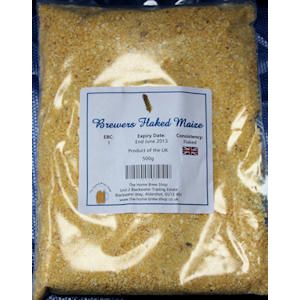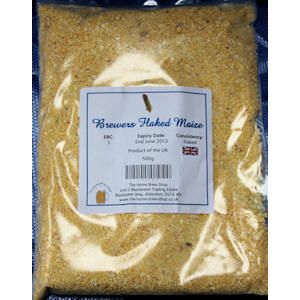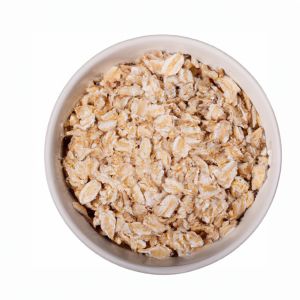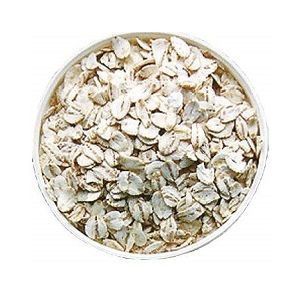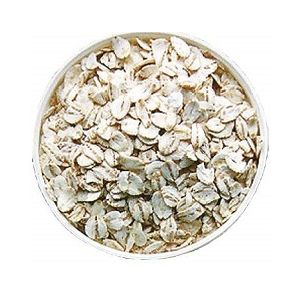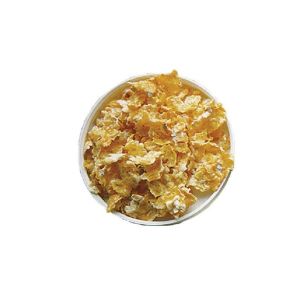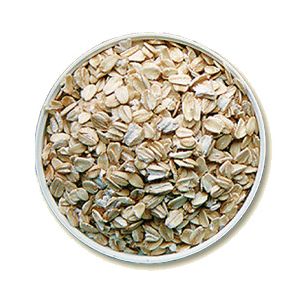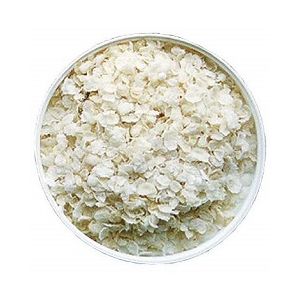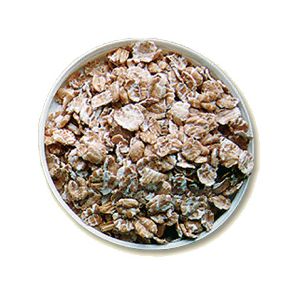Unmalted Adjuncts
Flaked Maize, Flaked Barley etc
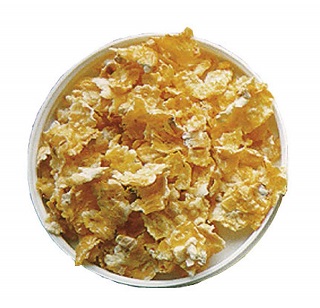
- Brewers Maize 3kg£7.56 £6.30
- Brewers Maize 500g£1.68 £1.40
- Coriander Seeds 100g£2.22 £1.85
- Curacao Bitter Orange peel Cut 100g£6.00 £5.00
- Flaked Barley 1kg£2.16 £1.80
- Flaked Barley 25kg - Warminster Maltings£43.80 £36.50
- Flaked Barley 3kg£6.84 £5.70
- Flaked Maize 1kg£3.24 £2.70
- Flaked Oats 1kg£2.10 £1.75
-
- Flaked Wheat 1kg£2.10 £1.75
- Flaked Wheat 25kg Best Before 09/01/26£36.00 £30.00
- Golden Naked Oats 500g | Simpsons Malt£3.00 £2.50
- Juniper Berries 100g£3.96 £3.30
-
- Sweet Orange peel - Chopped 100g£4.98 £4.15
- Whole Barley 500g£2.22 £1.85
- Whole Wheat 500g£2.28 £1.90
Definition of unmalted adjuncts
Unmalted adjuncts are cereal grains used in brewing beer that have not gone through the malting process. This means that they have not been allowed to sprout and release the enzymes needed to convert starches into fermentable sugars. Instead, they are added directly to the mash along with malted grains in order to contribute flavour, body, and other characteristics to the finished beer.
Common unmalted adjuncts include corn, rice, wheat, and oats. These grains are often used in American lagers and other light beers to help lighten the body and decrease the perceived sweetness. They can also be used in traditional styles like Belgian witbiers and German hefeweizens to add a soft, silky mouthfeel and a creamy head.
One of the benefits of using unmalted adjuncts in brewing is that they are generally less expensive than malted grains. They can also be used to control the colour of the beer, as they do not contribute the same level of colour as malted grains. Additionally, they can be used to increase the yield of a brew, as they are high in fermentable sugars and can increase the overall alcohol content of the finished beer.
However, there are also some drawbacks to using unmalted adjuncts. They do not contain the same level of enzymes as malted grains, so they must be used in conjunction with malted grains in order to properly convert starches into sugars. This can lead to a longer and more complex brewing process. Additionally, some beer enthusiasts argue that the use of unmalted adjuncts can lead to a less complex and less flavourful beer.
Overall, the use of unmalted adjuncts in brewing is a matter of personal preference and brewing style. While they can be a useful tool in creating certain styles of beer, they are not necessary for all brewing processes. As with any ingredient, it is important to experiment and find what works best for your individual brewing style and tastes.
Types of Unmalted Adjuncts
Unmalted adjuncts are ingredients that are added to the brewing process to supplement the malted grains. They provide additional flavours, aromas, and fermentable sugars that enhance the beer's overall taste and texture. In this article, we will discuss the different types of unmalted adjuncts that are commonly used in brewing beer.
Corn
Corn is a popular unmalted adjunct that is commonly used in American-style lagers. It adds a light, crisp taste to the beer and helps to lighten the body. Corn is often used in conjunction with rice to create a smooth, refreshing beer that is easy to drink.
Rice
Rice is another common unmalted adjunct that is used in brewing beer. It is often used in conjunction with corn to create a light, refreshing beer that is low in body and alcohol content. Rice adds a neutral flavour to the beer and helps to lighten the colour and texture.
Wheat
Wheat is an unmalted adjunct that is commonly used in brewing wheat beers. It adds a unique flavour and texture to the beer, creating a light, refreshing drink that is perfect for summer. Wheat is often used in conjunction with barley to create a balanced beer that is both flavourful and easy to drink.
Oats
Oats are an unmalted adjunct that is used in brewing stouts and porters. They add a creamy texture to the beer and help to balance out the bitterness of the roasted grains. Oats also add a subtle sweetness to the beer, creating a smooth, full-bodied drink that is perfect for cold winter nights.
Rye
Rye is an unmalted adjunct that is used in brewing rye beers. It adds a spicy, peppery flavour to the beer and helps to create a dry, crisp finish. Rye is often used in conjunction with barley to create a complex beer that is both flavourful and refreshing.
In conclusion, unmalted adjuncts are an important part of the brewing process, adding unique flavours and textures to the beer. The types of unmalted adjuncts used will depend on the style of beer being brewed and the desired flavour profile. By experimenting with different types of unmalted adjuncts, brewers can create a wide range of delicious and unique beers.

